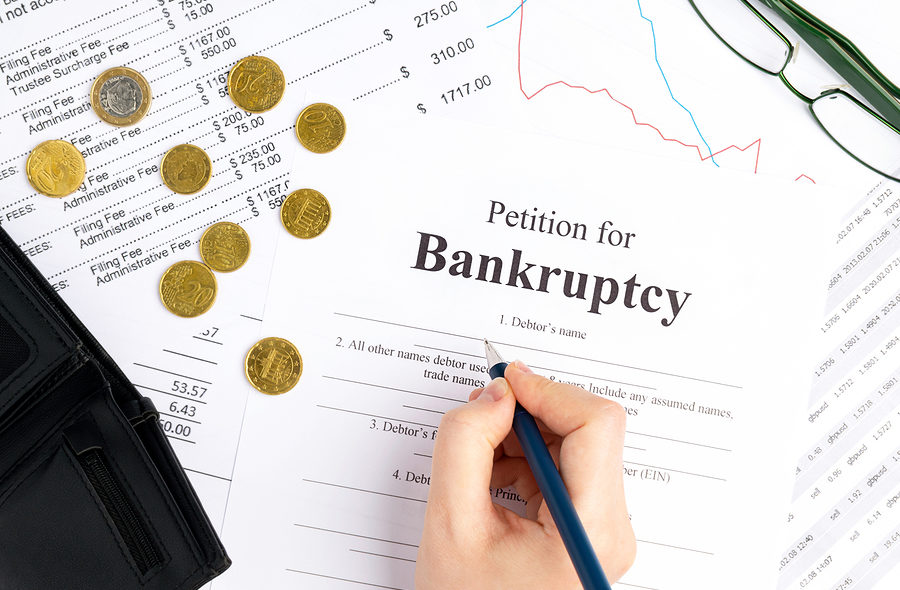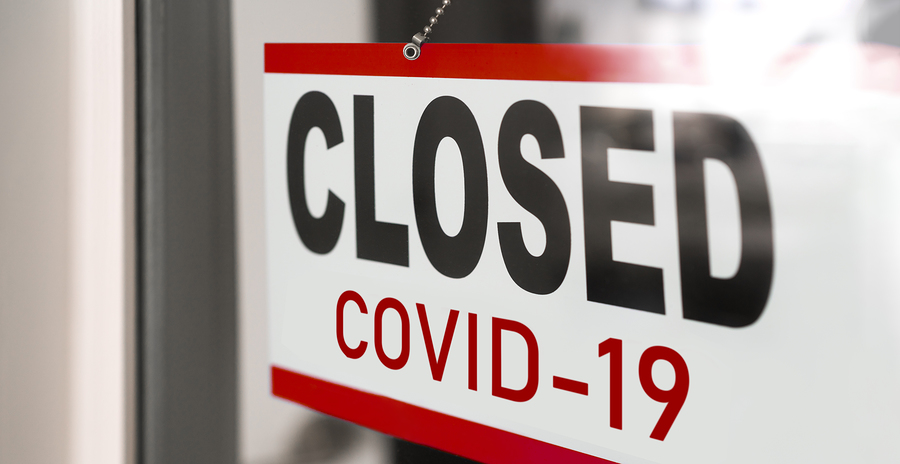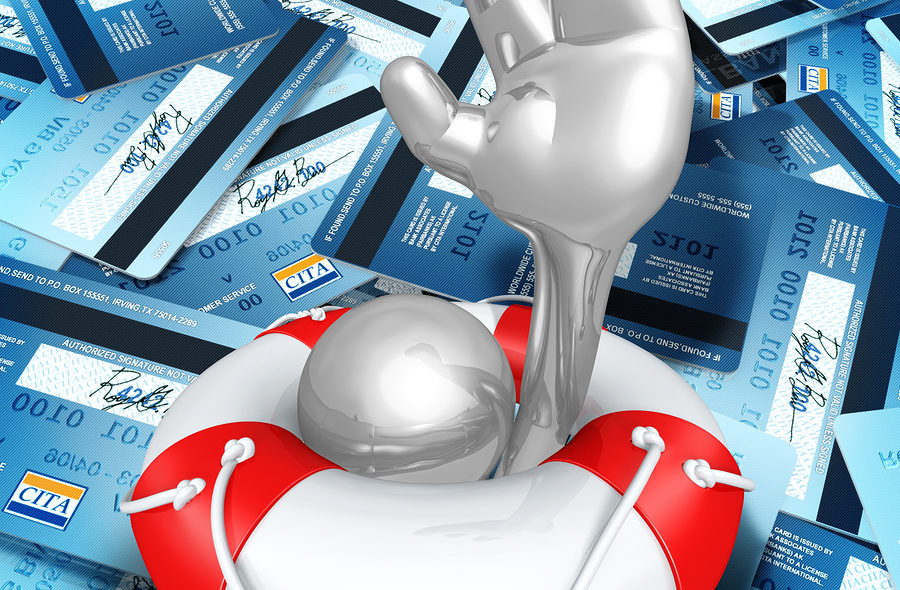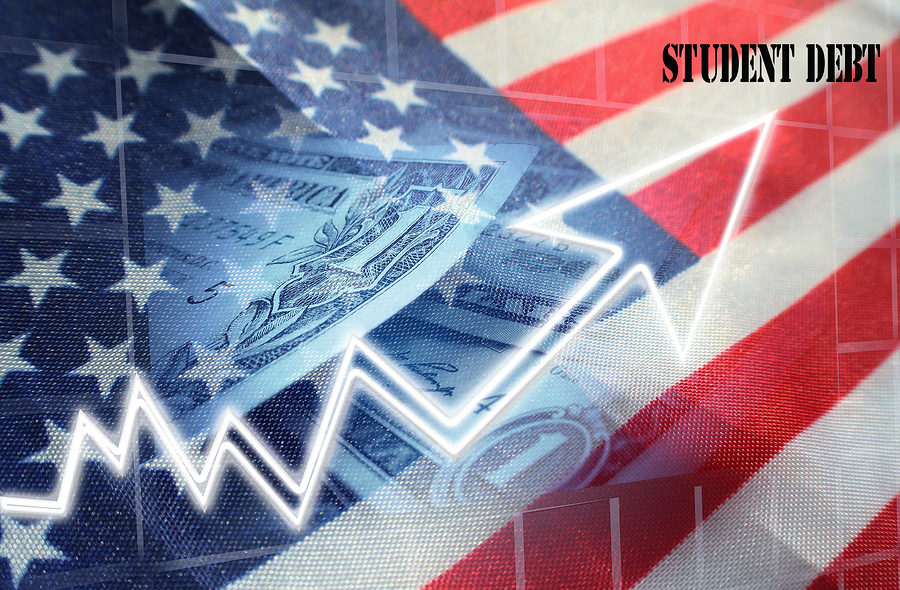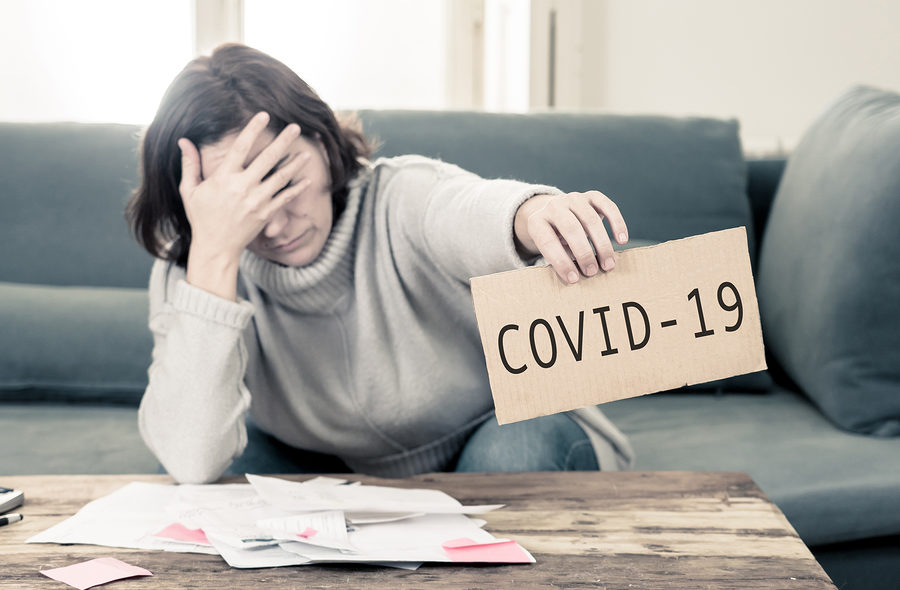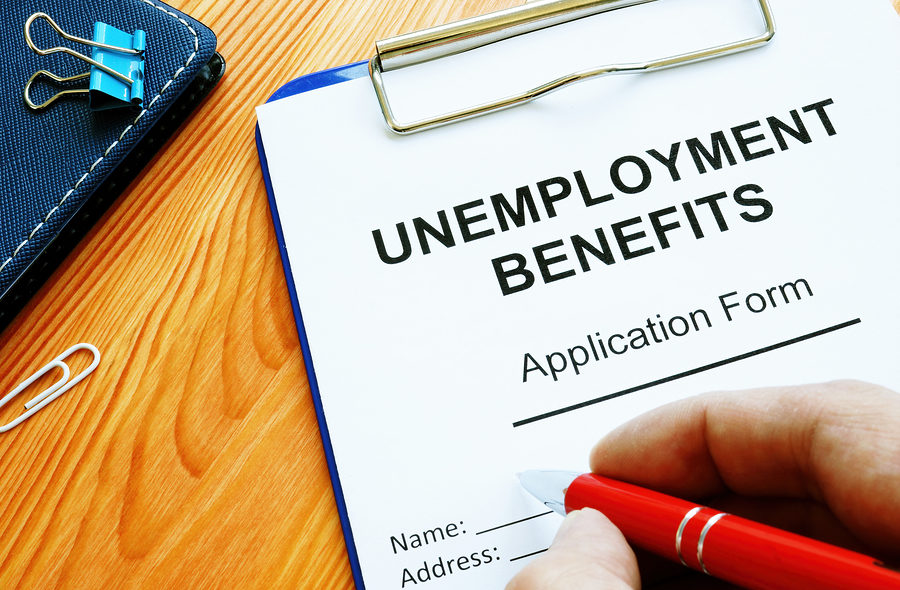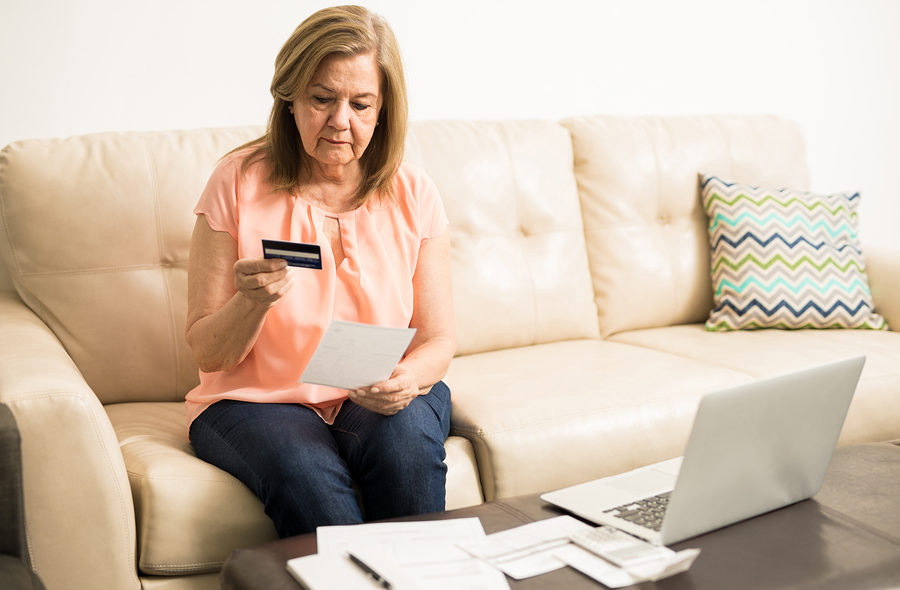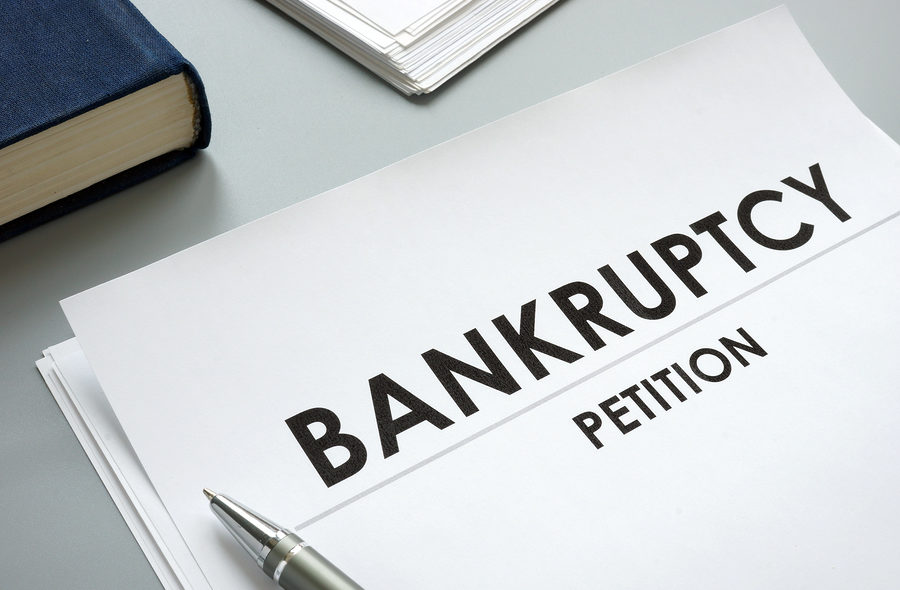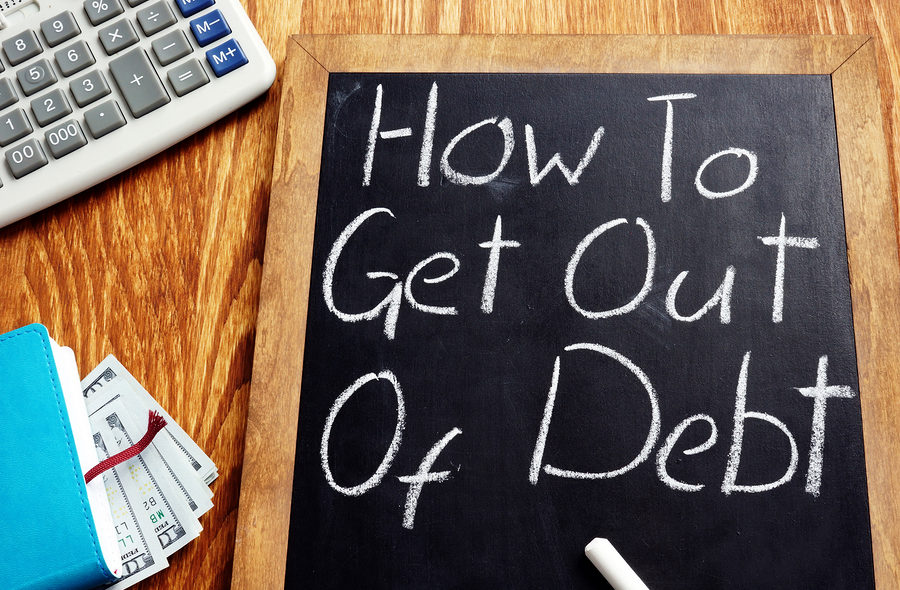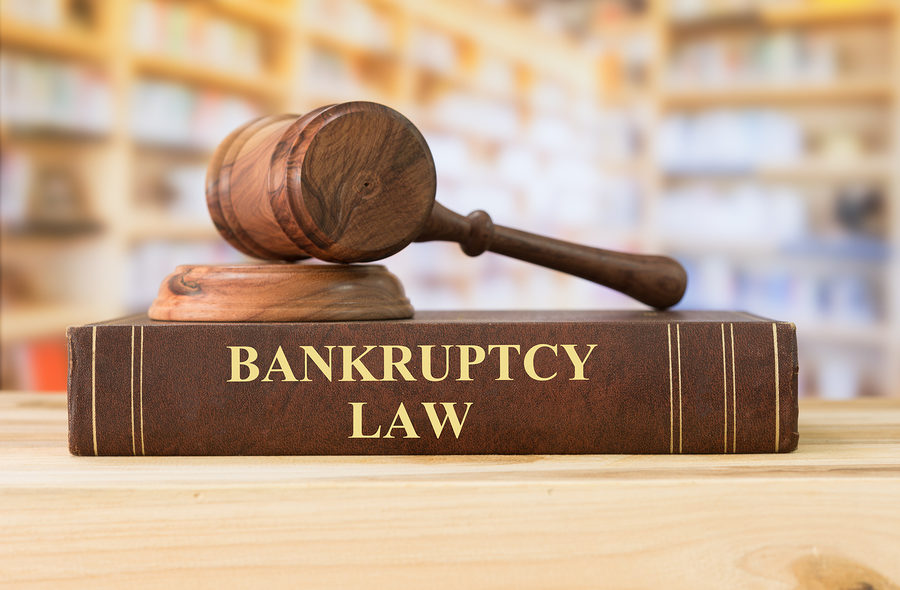As the coronavirus (COVID-19) pandemic continues, many small businesses are filing for bankruptcy to help reorganize their debt and keep creditors at bay. The types of companies being affected include small mom and pop shops, as well as larger corporations. Hertz and J. Crew, recently filed for Chapter 11 bankruptcy, and the number of businesses following suit are expected to rise.
According to Edward I. Altman, the man responsible for creating the Z score, a figure that is used to predict business failures, the year 2020 is expected to set a record for ‘mega bankruptcies,’ meaning businesses with $1 billion or more in debt will be filing for bankruptcy protection. The effects of this could be devastating to the U.S. economy.

